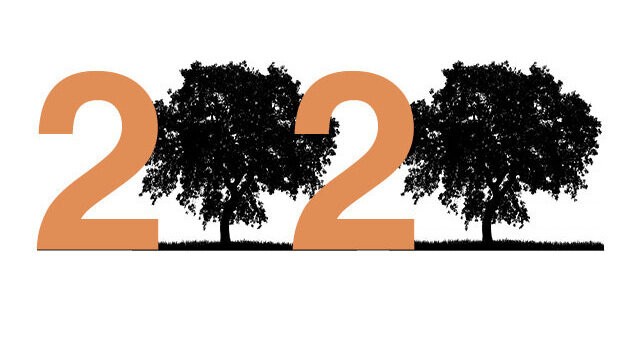Monday, March 14, 6PM on Zoom
and in-person at Steeplejack Brewing Company, 2400 NE Broadway
Portland Parks Foundation is hosting our first live event since 2019 inside the beautiful architecture of a former 1906 Unitarian Universalist Church-turned-brewery as two of Portland's most accomplished historians probe Frederick Law Olmsted's design and creation of Central Park in New York and John Charles Olmsted's 1903 parks plan for Portland.
The brilliance, beauty, and ecological influence of the two Olmsted's visionary work continue to be enjoyed, but they've come with other impacts: displacement of previously settled populations, exclusionary zoning, practices in design, and sanctioned parks activities. We'll look at the successes, the myths, and the influences, intended and not, in both cities and the larger American parks tradition.
Catherine McNeur, is professor of history, PSU, and author of Taming Manhattan: Environmental Battles in the Antebellum City. Carl Abbott, emeritus professor of urban studies and planning, PSU, is author of Portland in Three Centuries and many other books about Portland.
Thank you for joining us in our programming experiment: Parks and Consequences—Hidden Histories of Olmsted Parks Tradition, from New York to Portland!
Our first live event since 2019
A new venue
Our first hybrid live/Zoom event
We are truly grateful to our speakers Catherine McNeur professor of history, PSU, and author of Taming Manhattan: Environmental Battles in the Antebellum City, and Carl Abbot, emeritus professor of urban studies and planning, PSU, and author of Portland in Three Centuries and many other books about Portland.
And special thanks to our presenting sponsor U.S. Bank and all the attendees who donated at registration!
Lastly, a correction:
As moderator, I mistakenly stated that Portland's first Parks Board members were "developers." They were, in fact, Mayor George Williams (Chairman, and variously, a lawyer and judge), Ion Lewis (architect), J.D. Meyer (a "Common City Councilor"), T.L. Eliot (Minister, Unitarian Church), and L.L. Hawkins (banker). My larger point was that Olmsted hoped that his proposed parks would be kept out of public eye so as to not spark land speculation. But in Portland, as in many cities, that wish was not fulfilled. The Oregonian published the plan soon after it was completed as the city was about to expand several-fold in private development. Meantime, Olmsted went on to work for a number of private clients, several of whom were developers. Apologies for the mistake! -- Randy Gragg, Executive Director
If you enjoyed this talk, check out our upcoming Green Dreams Lecture:
March 28 on Zoom or live at Steeplejack Brewing Co. Beyond Recreation: Climate, Social Justice, and the Urban Landscape Ahead. Get tickets here
Presented by,















